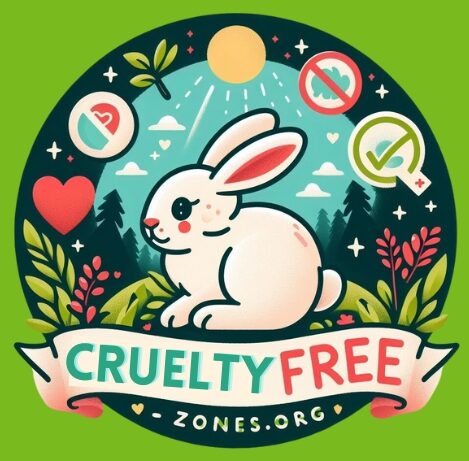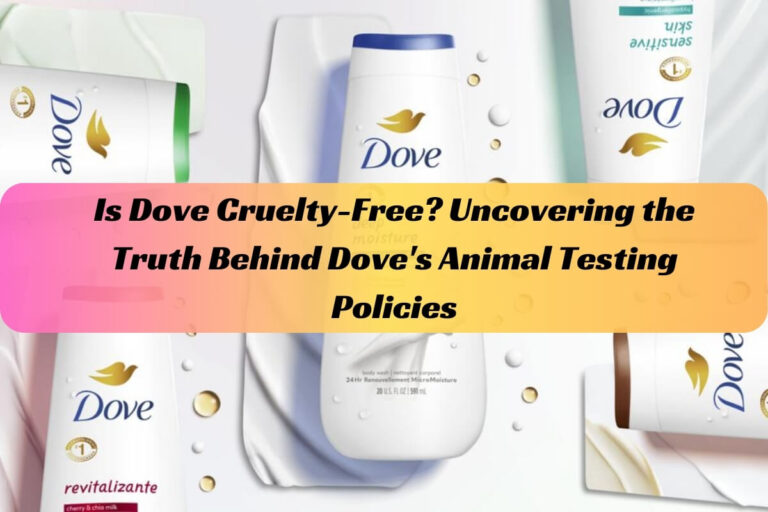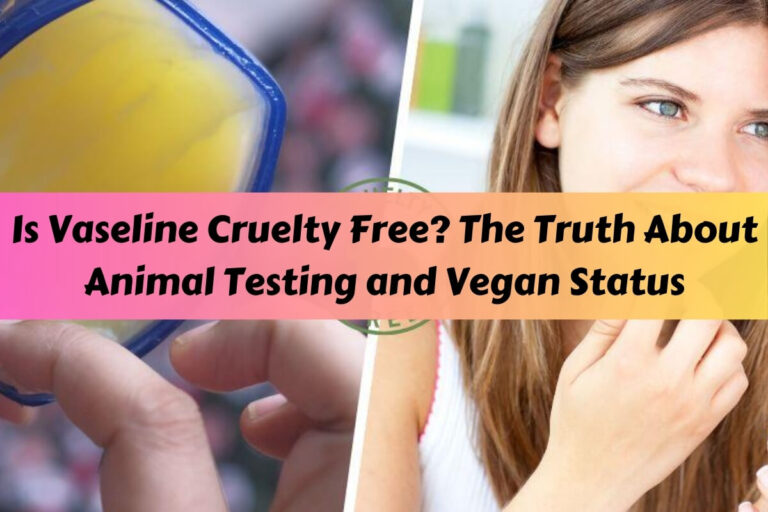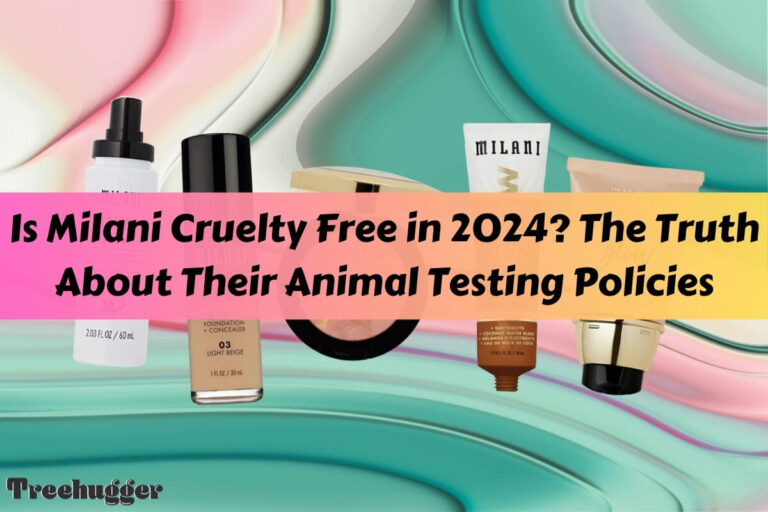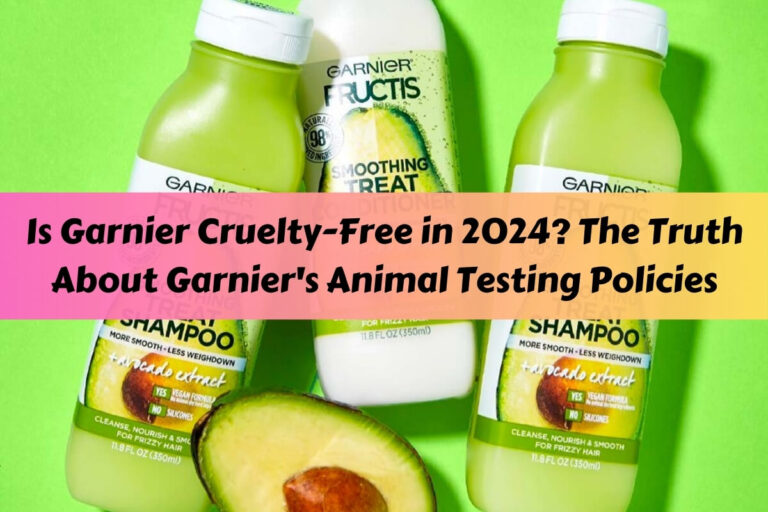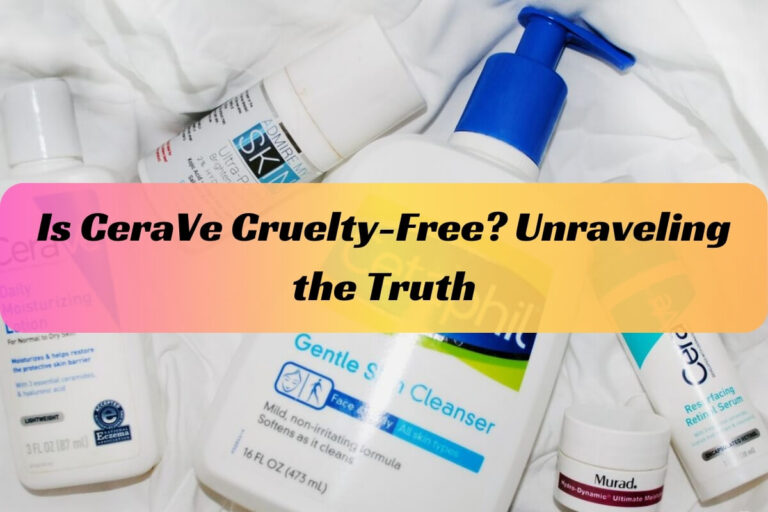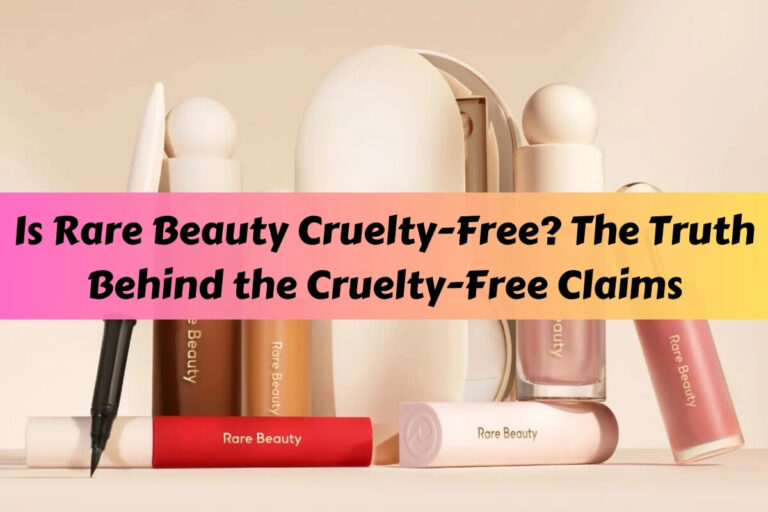Is Maybelline Cruelty-Free? Truth About Animal Testing Policies
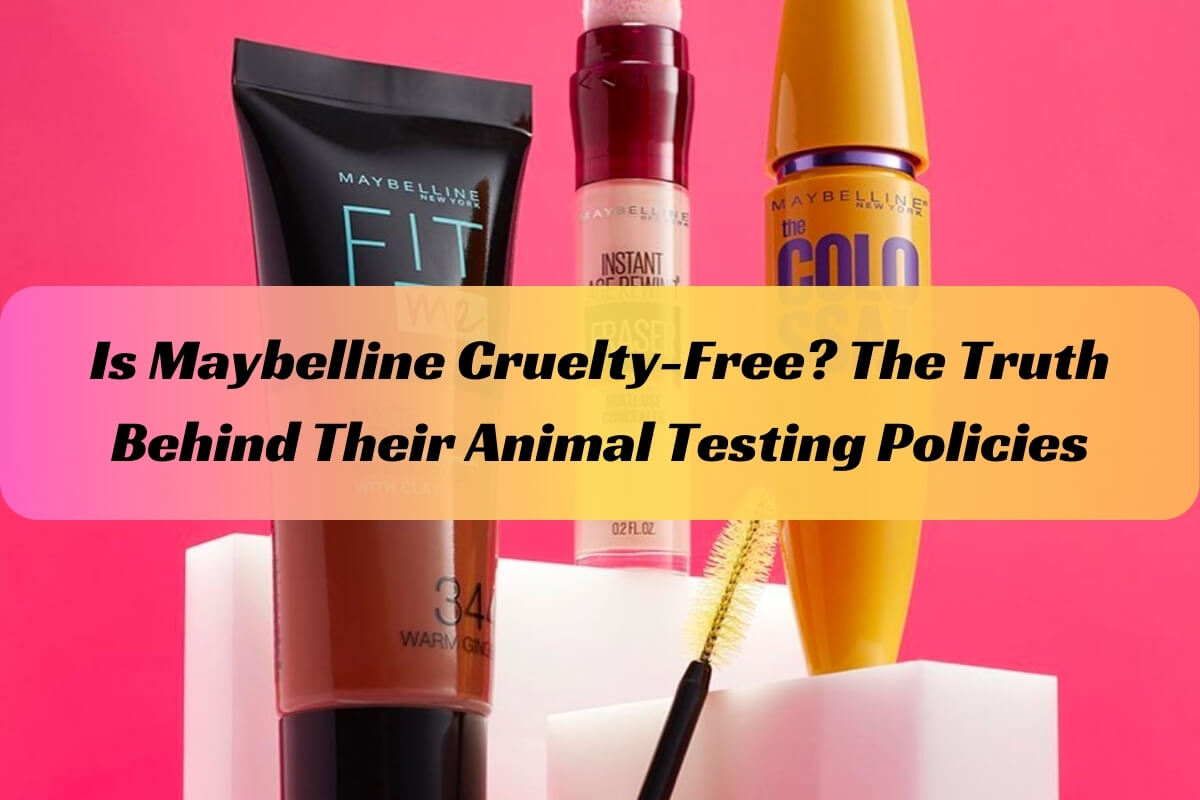
Cruelty-free cosmetics have become increasingly important to many consumers. But what does it mean for a brand to be cruelty-free, and does Maybelline meet that standard? This guide will explore Maybelline’s policies on animal testing and provide insights into their cruelty-free status.
What does it mean for a cosmetics brand to be cruelty-free? In simple terms, a cruelty-free brand does not test its products or ingredients on animals at any stage of development. This includes not conducting animal tests themselves, as well as ensuring their suppliers and any third parties involved also avoid animal testing.
Certifications like Leaping Bunny and PETA’s cruelty-free logos help verify a brand’s commitment to avoiding animal testing. However, many brands make cruelty-free claims without external certification, so it’s essential to understand their policies thoroughly.
Maybelline’s Official Animal Testing Policy
Maybelline is owned by L’Oreal, a major global cosmetics company. On their website, Maybelline states:
“L’Oreal no longer tests any of its products or ingredients on animals, anywhere in the world. An exception could only be made if regulatory authorities demanded it for safety or regulatory purposes.”
This statement seems reassuring at first glance. However, the key phrase “unless required by law” creates a significant loophole.
Animal Testing Requirements in Mainland China
In Mainland China, animal testing is legally required for most imported cosmetics before they can be sold in physical stores. While this requirement has been lifted for some products manufactured within China, it remains in place for the majority of internationally-produced cosmetics.
Since Maybelline products are available in physical retail stores across Mainland China, this likely means their products have undergone animal testing mandated by Chinese authorities.
Even if Maybelline does not directly conduct or pay for these tests, their decision to sell in the Chinese market necessitates this form of third-party animal testing.
Potential Supplier and Third-Party Testing
Another concern with Maybelline’s policies is the vague statement regarding third-party testing. Their policy allows for the possibility that suppliers or other third parties could test ingredients on animals on Maybelline’s behalf, as long as it is “required by law.”
Without explicit clarification that all suppliers and third parties are held to a strict no-animal testing policy, there is a risk that animal testing could occur within Maybelline’s supply chain.
Is Maybelline Vegan?
The terms “cruelty-free” and “vegan” are often used interchangeably for cosmetics, but they have distinct meanings. A cruelty-free product has not been tested on animals, while a vegan product contains no animal-derived ingredients.
Unfortunately, many of Maybelline’s products are not considered vegan. Common animal-derived ingredients found in their formulas include:
- Carmine (crushed beetle extract for red pigments)
- Lanolin (wool grease)
- Beeswax
- Gelatin
Maybelline offers some vegan products, but the brand isn’t vegan-friendly due to non-vegan ingredients. They also don’t meet cruelty-free standards, meaning their vegan products were likely developed through animal testing.
Cruelty-Free and Vegan Alternatives to Maybelline
For consumers seeking truly cruelty-free and vegan makeup options, there are many excellent alternatives to Maybelline:
Affordable Cruelty-Free Brands:
- e.l.f. Cosmetics
- Wet n Wild
- Milani
- NYX Professional Makeup
Vegan and Cruelty-Free Brands:
- KVD Vegan Beauty
- Tarte Cosmetics
- Elf (some vegan options)
- Milk Makeup
These brands have robust no-animal-testing policies and do not sell in Mainland China. The vegan options avoid all animal-derived ingredients.
How to Identify Cruelty-Free Cosmetics
With conflicting claims and policies, it can be challenging for consumers to determine if a brand genuinely avoids animal testing. Here are some tips:
1. Check for certifications: Reputable third-party certifications like Leaping Bunny and PETA’s Beauty Without Bunnies provide rigorous standards.
2. Review the brand’s policies: Look for clear, comprehensive no-animal testing policies that apply to the brand, suppliers, and third parties without exceptions.
3. Avoid brands selling in Mainland China: As mentioned, animal testing is legally required for most imported cosmetics in physical Chinese stores.
4. Use online resources: Websites like Cruelty-Free Kitty, Logical Harmony, and Ethical Elephant maintain updated brand lists and policy details.
5. Contact the brand: If policies are unclear, reach out to the brand directly and ask specific questions about their animal testing practices.
By being an informed consumer, you can make ethical choices that avoid contributing to cruel and unnecessary animal testing within the cosmetics industry.
Final Thoughts
In conclusion, while Maybelline claims to avoid animal testing, their policies contain significant loopholes and exceptions that likely lead to their products being tested on animals – either by third parties for the Chinese market or potentially through their supply chain.
For truly cruelty-free and vegan cosmetics, it’s best to look towards brands with clearly defined, comprehensive no-animal testing policies backed by third-party certifications. There are many excellent options available at various price points.
Remember, your purchasing decisions can help create a beauty industry free from animal cruelty. By supporting ethical, cruelty-free brands, you’re using your voice and dollars to drive positive change.
